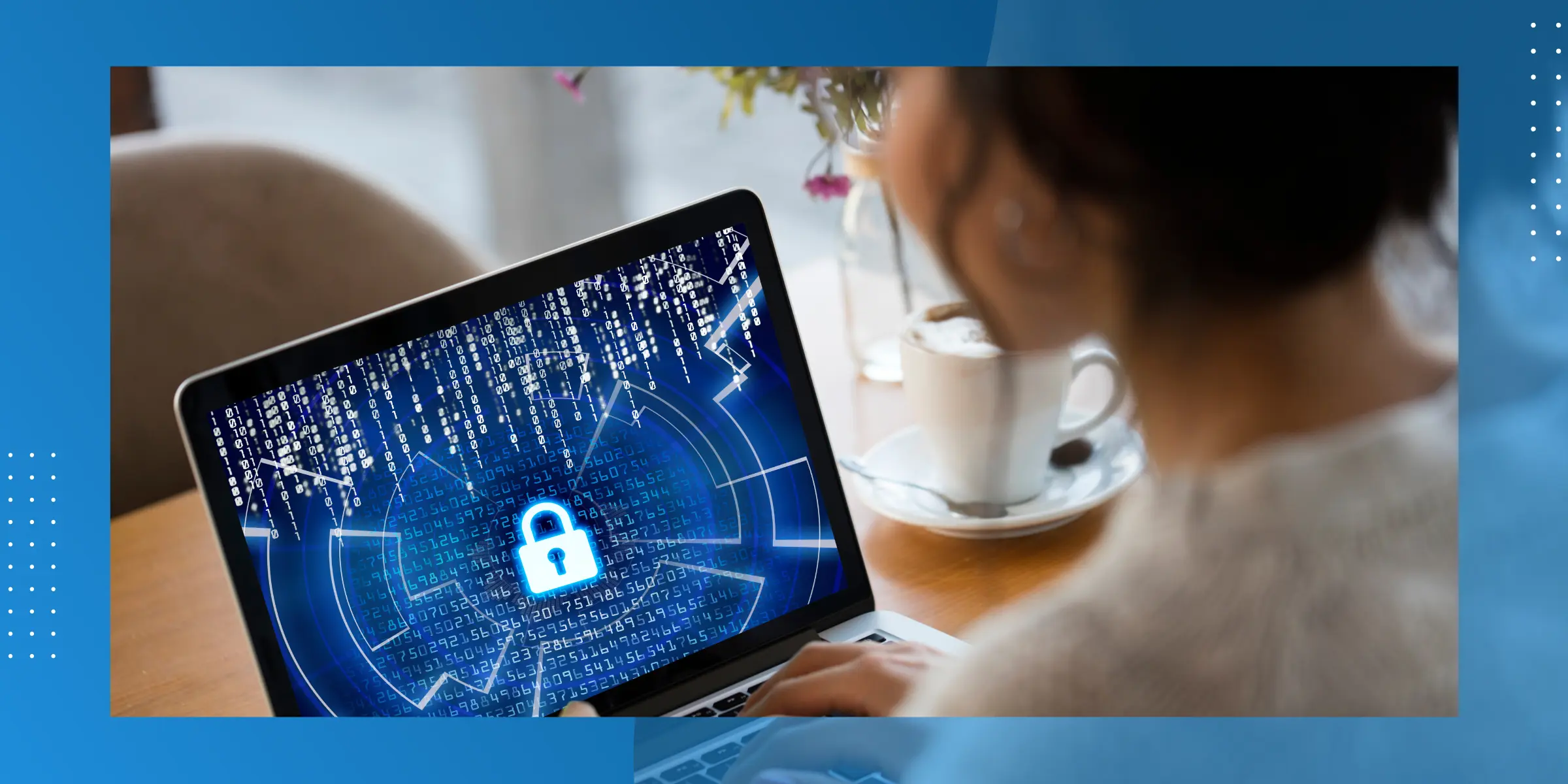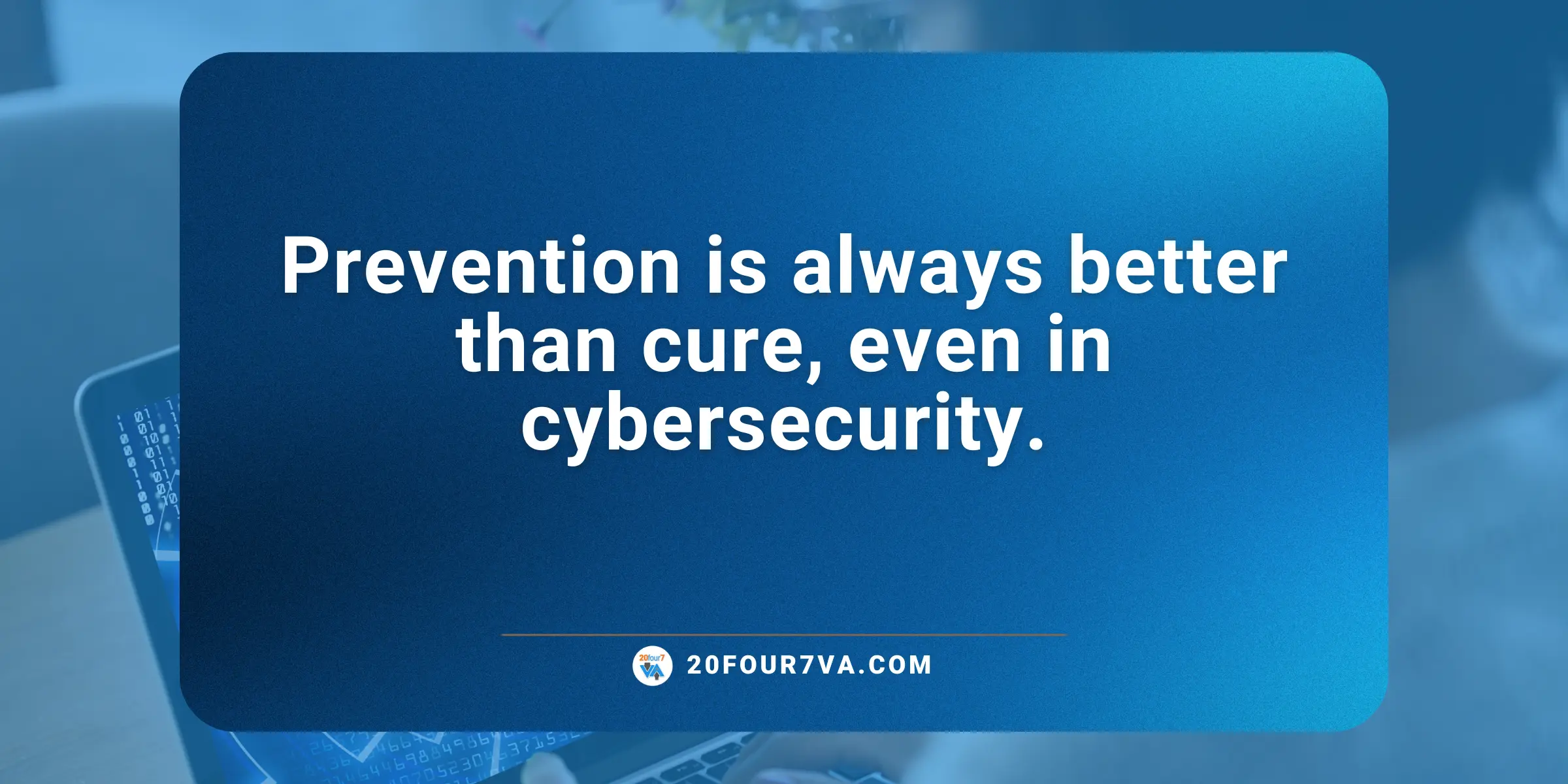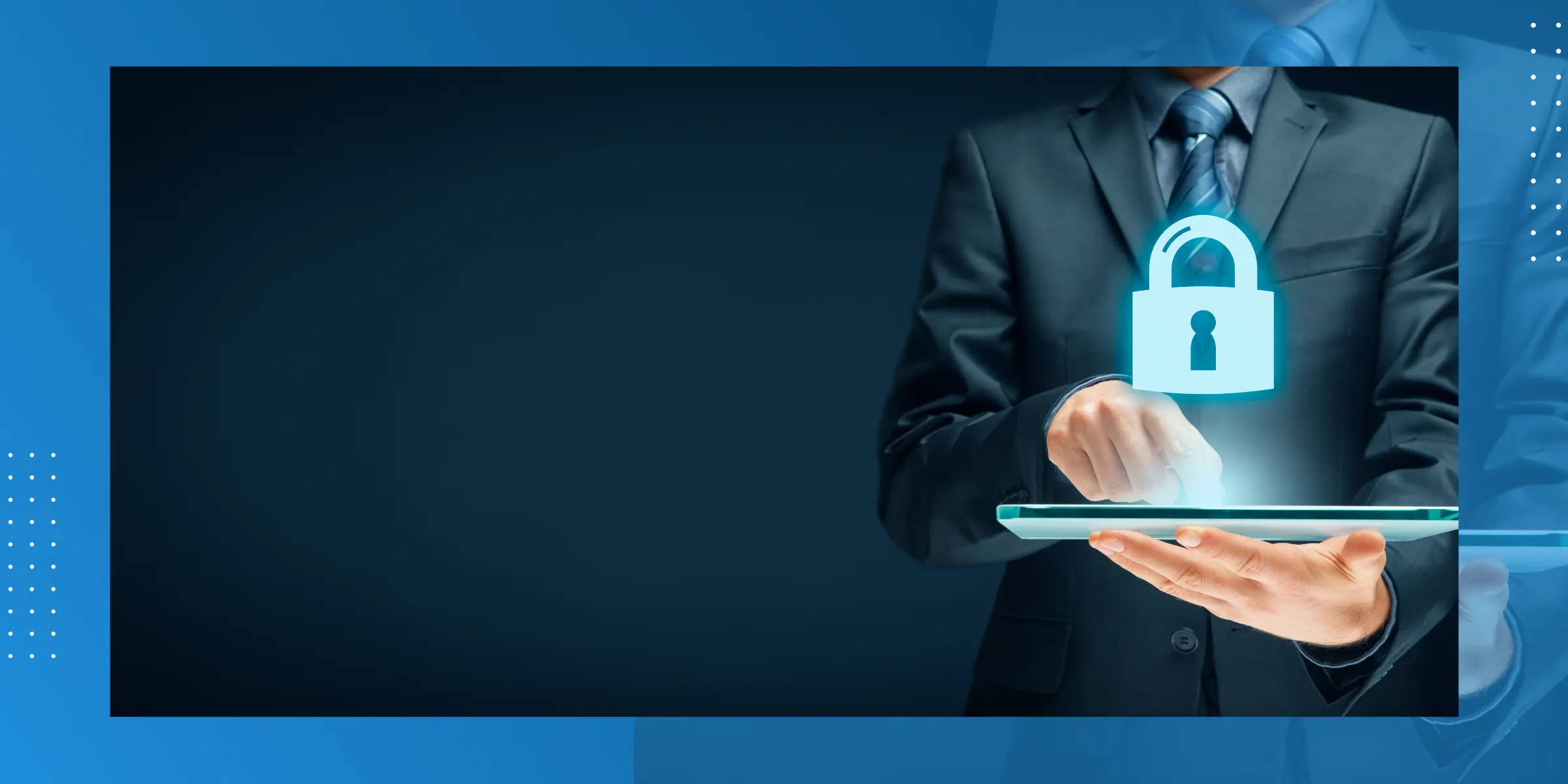Cybersecurity Essentials: What You Need and Why It Matters

When it comes to cybercrime, both individuals and organizations can be targeted. And the number of attacks only seems to be rising, costing money and tarnishing reputations in their wake. In the US alone, 2,365 cyberattacks were recorded, amassing more than 300 million victims in 2023.
But there is a silver lining: you don’t have to go about your day unprotected from such threats nor face them alone. Adopting and implementing robust cybersecurity measures allows you to manage risks and thrive in a highly digital business landscape.
Whether you’re running a solo enterprise or a big team, cybersecurity should be a priority. By understanding why it is so and equipping yourself with core tools, you’re creating a secure wall against “invisible” threats.

Common cyber threats
Cyber attackers use a wide range of techniques to take advantage of their potential victims. Here are some of the most common threats you may face as a business:
-
Malware
The umbrella term “malware” is used for various malicious software or programs that harm businesses’ data and computer systems. Examples include viruses, Trojans, spyware, ransomware, and worms. Bad actors can infiltrate your systems through seemingly run-of-the-mill activities like an infected attachment sent through email or malicious links included in messages. Cybercriminals can use malware to disrupt your operations, corrupt or steal data, or make your systems susceptible to more cyberattacks.
-
Phishing
Phishing is a cyberattack that uses deception. It can be highly effective, especially when targeting unsuspecting victims who may not be trained or are unaware of the attacker’s techniques. According to a Deloitte report, “almost a third (32%) of all successful cyber breaches involve phishing techniques.”
Cybercriminals trick users into doing their bidding, from sharing confidential and highly sensitive information to downloading malware. They can send deceptive messages in emails posing as trusted individuals or companies such as banks or coworkers. Phishing can also be done through the phone, often tricking the person on the other line to reveal usernames, passwords, and personal details.
- Internal actions
Sometimes, the people who are supposed to safeguard your data and systems are the ones putting them at risk, whether knowingly or unknowingly. Cyber threats can also come from within the organization. Employees can make your business vulnerable due to negligence, mishandling sensitive information, or failing to recognize a phishing attack.
On the other hand, there are also malicious insider actions. Employees may try to gain access and copy sensitive company information. They can use this data for personal gain by selling to a competitor or using trade secrets to start their own business. Disgruntled employees or those who feel unfairly treated may use cyberattacks to hamper operations or damage an employer’s reputation.
Learn more about the common cyber threats and how working with a cybersecurity provider can protect you and your clients. Schedule a free consultation call here.
How threats impact your business
Depending on the type of cyberattack and your response to a breach, the impact can be challenging to recover from.
- Data theft: Cyberattacks can expose business or customer data. These breaches can lead to more harmful consequences.
- Operational risk: Poor cybersecurity strategies can put your entire organization’s network at risk, resulting in operational downtime. These downtimes can cover everything from production lines to communication tools.
- Financial losses: When attackers gain access to your system and sensitive information, you can face direct financial losses, such as lost revenue from temporary cessation of operations or regulatory fines. You can also incur indirect losses, like losing contracts to businesses with stronger cybersecurity measures in place.
- Reputational harm: Aside from financial losses and operational downtimes, falling victim to a cyberattack can significantly damage your company’s reputation. These attacks can reveal confidential information and cause customers to lose their faith in you.
- Compliance issues: Regulatory requirements (e.g., HIPAA and CCPA) require strict data protection. Cyberattacks, especially from insider negligence, can result in legal consequences and fines.
Why invest in cybersecurity?
Investing in cybersecurity is more than just a compliance issue. It’s a crucial part of ensuring sustainable business growth. Here’s what you can expect when you have robust cybersecurity protocols:
- Business continuity
Cybersecurity incidents cause unwanted downtime that affects your productivity. Depending on the damage, they can disrupt operations for days or even weeks. These downtimes can be costly, leading you to lose financial resources through overtime to catch up on lost work and business opportunities.
- Secure operations
It’s best to be proactive by implementing the right cybersecurity measures. Doing so helps reduce vulnerabilities and protect sensitive data like financial records and customer information. These measures allow you to work confidently, knowing your critical documents are kept safe.
Securing your information and systems is also mandatory. Globally, there are various data protection regulations that your business must comply with to do business in an area or specific industry.
- Client satisfaction
Customers will feel more at ease doing business with your organization if they know you’re doing what it takes to protect both their hard-earned money and confidential data. Investing in cybersecurity will help build trust and, eventually, loyalty to your brand. It also helps create a competitive advantage against other businesses lacking in this critical area.
- Protected resources
It’s difficult to recover from a damaged reputation. It’s also challenging to rebuild your resources once they’ve been damaged by a cyberattack. By being proactive about protecting your business against cybercriminals, you can prevent financial fraud, safeguard intellectual property, and keep your systems intact.

The cybersecurity essentials for every business
As technology evolves, so do cybercriminals. But that doesn’t mean you should allow your business to be vulnerable to their attacks. Here are some of the essential measures you need to put in place for safe and secure operations:
- Advanced password management: Passwords are your first line of defense from breaches. You need to make sure that it’s as strong and formidable as possible. To do this, you can use password managers and enforce multi-factor authentication (MFA).
- Secure Email Gateway (SEG): Emails are crucial for maintaining open communication lines with leads, clients, industry partners, and colleagues. But they can also be a vehicle for phishing, spam, and malware that infiltrate your systems. You can protect this essential platform by implementing an SEG that filters incoming and outgoing emails.
- Endpoint security: Threats can come in from all sides and through various platforms. A robust endpoint security system provides comprehensive protection. This can include providing controlled access, where only authorized users and devices can access relevant networks, reducing insider threats.
- Secure data storage: A digital workplace will require you to store business documents online. This can expose your business to hacks and data breaches. Secure data storage will help maintain data integrity while ensuring your files are organized and protected.
- Regular audits: It’s not enough to have the measures in place. Like any policy or strategy, you need to have regular check-ins or audits. This helps identify vulnerabilities or blind spots in your cybersecurity protocols. Conducting regular audits helps you stay on top of any cybersecurity issues and ensure your security systems are up-to-date.
Cybersecurity: an investment, not an expense
Prevention is always better than cure, even in cybersecurity. Poor to no cybersecurity measures can lead to your business racking up financial losses and reputational damage. There’s nothing as difficult as winning back your customers’ trust.
It’s crucial to understand the different ways cybercriminals can attack your system and the potential impact these attacks can have. Doing so will help you realize the importance of implementing the above cybersecurity essentials. These measures are not just a way to check the boxes and satisfy compliance needs. They are foundational in becoming a successful and sustainable business in a modern, ever-changing marketplace.
Looking for a partner to help you secure your business from cyberattacks? Schedule a free call with 20four7VA today!










